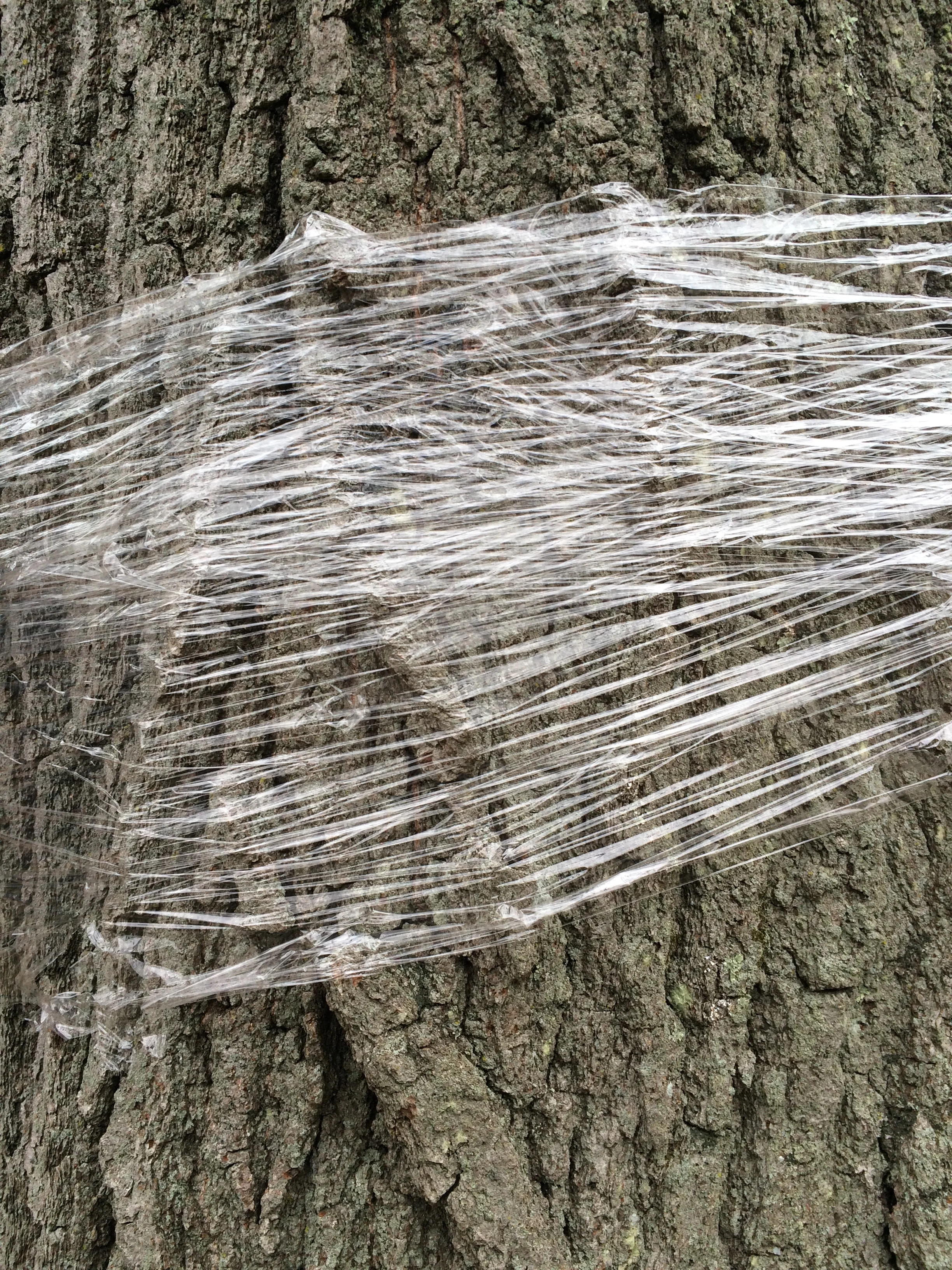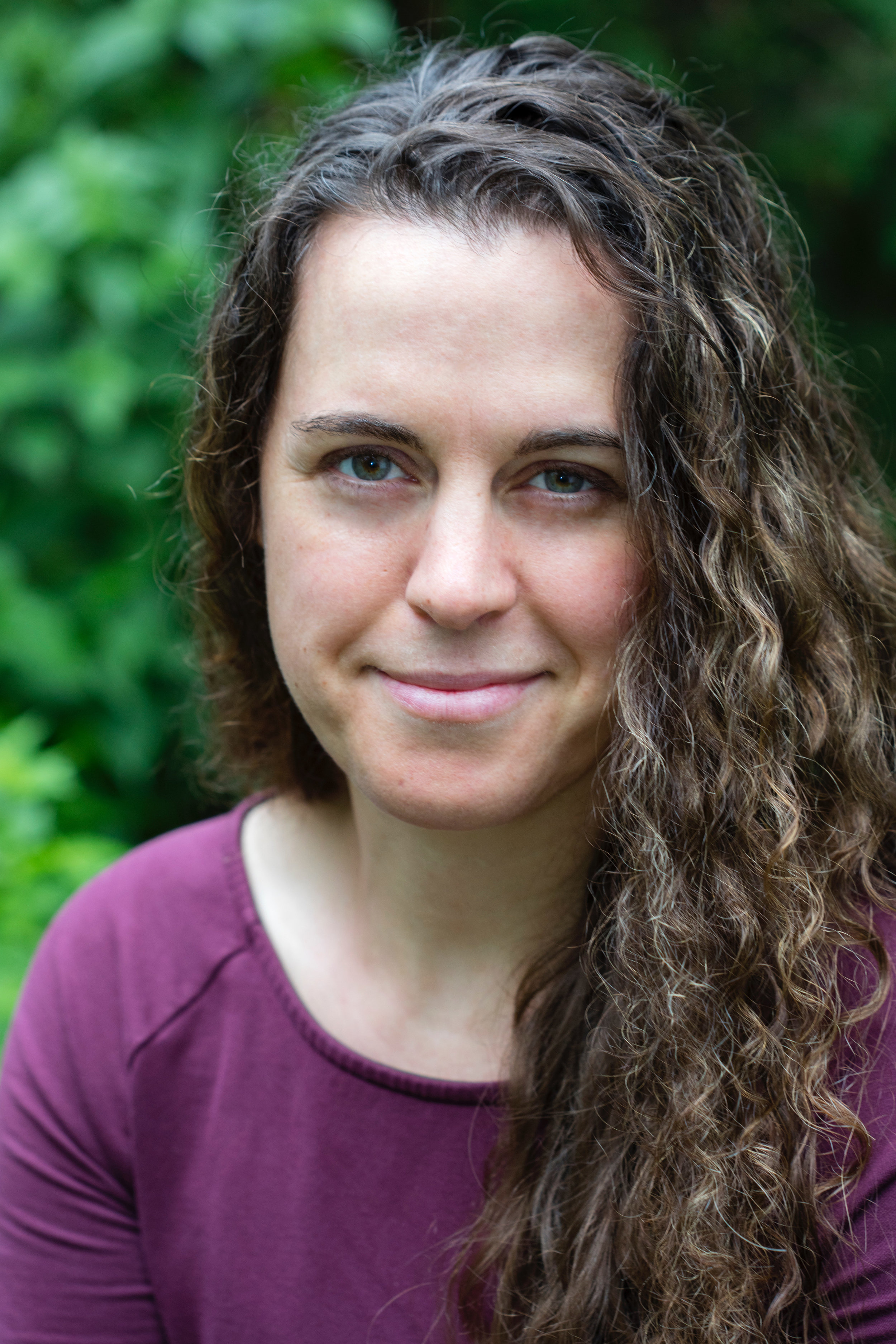
Recent work
All of a Piece: Moving Past Fifty Years of Piecemeal Approaches to Plastic Pollution — edited by Carmi Orenstein— (The Networker, a publication of The Science and Environmental Health Network, January 2025).
Flags of Chaos: From War Machine to Supermarket Staple, A History of the Plastic Bag — edited by Sumanth Prabhaker — (Orion Magazine, digital | May 2024) — bibliography here.
On Vinyl: A historical prequel to East Palestine's toxic train disaster — edited by Kathleen Yale — (Orion Magazine, digital | April 2023) — bibliography here.
The Vital Organs of Industry — afterword to Appalachia Ghosts: A Photographic Reimagining of the Hawks Nest Tunnel Disaster, by Raymond Thompson, Jr — edited by Abby Freeland (University Press of Kentucky, 2024)
Cigarette Filters, The Most Common (Plastic) Litter — co-authored letter, with Dannielle S. Green, Bethanie Carney Almroth, Rebecca Altman, Melanie Bergmann, Sedat Gündoğdu, Anish Kumar Warrier, Bas Boots, Tony R. Walker, Anja Krieger and Kristian Syberg (Science of the Total Environment | March 2023).
Global Plastic Treaty Should Address Chemicals — co-authored letter, with Tridibesh Dey, Leonardo Trasande, Rebecca Altman, Zhanyun Wang, Anja Krieger, Melanie Bergmann, Deonie Allien, Steve Allen, Tony R. Walker, Martin Wagner, Kristian Syberg, Susanne M. Brander and Bethanie Carney Almroth (Science | November 24, 2022).
Revising the History of DDT’s Long-Tailed Legacy—edited by Michele Pridmore-Brown (The Los Angeles Review of Books | June 17, 2022) — supplemental bibliography here.
The World Has One Big Chance to Fix Plastics— written with Tridibesh Dey— edited by Sarah Laskow (The Atlantic | March 15, 2022) — supplemental bibliography here.
5 Myths about Plastics — edited by Sophia Nguyen (The Washington Post | January 16, 2022) —supplemental bibliography here.
How Bad Are Plastics, Really?: Plastic production just keeps expanding, and now is driving climate change — edited by Sarah Laskow (The Atlantic | January 3, 2022)— supplemental bibliography here.
The Myth of Historical Bio-Based Plastics — peer-reviewed — edited by Brent Grocholski (Science | July 2, 2021, special issue on plastics)—supplemental bibliography here.
Upriver—A Researcher Traces the History of Petrochemistry & Conventional Plastics — edited by Sumanth Prabhaker (Orion Magazine | Summer 2021) — acknowledgments and bibliography here.
Who Sings from the Resins? On Raymond Thompson Jr’s photography, Appalachian Ghosts (August 2021)
Interview about writing Upriver, A Conversation with the Next Rachel Carson with Richard Asinof (Convergence | June 2021).
On Wishcycling — edited by Max Liboiron — (Discard Studies | February 2021) — all sources hyperlinked in text
Being Plastic — A Q&A with Richard Bright — (Interalia Magazine | February 2019)
Time Bombing the Future — edited by Pam Weintraub — (Aeon Magazine | January 2019)
Bibliography, featuring sources on the history of Teflon, fluorocarbons, PFASs, PFOA & the Manhattan Project
Listening to Stones — edited by Tara Rae Miner— (Orion Magazine | Summer 2018)
Everything Is Going To Have To Be Put Back — on ocean plastics — edited by Simmons Buntin
and Elizbeth Dodd — (Terrain | June 2018)
How The Benzene Tree Polluted the World — edited by Ross Anderson — (The Atlantic | October 2017)
Bibliography, featuring sources on the history of PCBs, organic chemistry & the organic chemical industry
On Pollution — An interview-essay with Caspar Henderson — (Five Books | September 2017)
The 55-Gallon Drum, An Object Lesson — edited by Ian Bogost — (The Atlantic | November 2016)
Bibliography, featuring sources on the history of the 55-gallon drum, toxic waste and the chemical industry
American Petrotopia: An Intimate History of Plastic — edited by Pam Weintraub (Aeon Magazine | March 2015)
Bibliography, featuring sources on the social & environmental history of mass plastics & plastic pollution
Reviewed on Vela.
"America's Plastic Legacy" — featured on Longreads.com here.
"The Legacy of Plastics" — abridged version performed at TEDxSanFrancisco (October 2017)
Reprinted in Utne Reader (Winter 2017)
Made into a documentary short by FrankNews (January 2019)
When The Raspberries Come — edited by Marcelle Soviero and Randi Olin — (Brain, Child | August 2014)
The Homes We Drove Past — edited by Jennifer Niesslein —(Full Grown People | October 2014 )
On What We Bury — edited by Kathleen Dean Moore — (ISLE | Special Edition on Climate Change | Winter 2014)
Photo credit: Emily Belz
About Rebecca
Dr. Rebecca Altman (she/her) is a writer and an Adjunct Lecturer in Environment and Society at Brown University. Her work explores the history of plastics, pollution and environmental legacy. Recent essays have appeared in Science, The Atlantic, Aeon Magazine and Orion Magazine, where she also has guested edited a 4-part series on plastics and petrochemicals.
Rebecca holds a BS from Bates College, a PhD in environmental sociology from Brown University and serves on the Board of Directors of the Science and Environmental Health Network. She is repped by Katie Grimm (Curtis Brown) and is working on her first book — An Intimate History of Plastics — with Kathy Belden (Scribner) and Sam Carter (Oneworld). Come fall, she c0-teachers a capstone on narrative nonfiction for the Institute at Brown for Environment and Society (IBES).
Originally from New Jersey, Rebecca now lives in a multigenerational household in Providence, Rhode Island with her husband, their two sons, her father-in-law, their pup, and now also her parents, who recently became backdoor neighbors.
For a list of journal articles and book chapters in academic publications, click here.
Exploring
Plastics Pollution
A 4-part series with Orion Magazine
guest-edited by Rebecca Altman
along with Sumanth Prabhaker, Editor & support from The Fine Fund
Photo by M. Shahhosseini on Unsplash
Hand in Glove | by David Farrier (Orion | Fall 2020)
Plastic promises to give us the world by removing us from it.
Featuring images by Dan Giannopoulos.
Plastics in the Gut | By Max Liboiron (Orion | Winter 2021)
A search for sand on a rocky shoreline upends colonial science.
Featuring images by Bojan Fürst.
Photo: R. Fragapane on Unsplash
Photo by Naja Bertolt Jensen on Unsplash
The Nature of Plastics | By Meera Subramanian
(Orion | Spring 2021)
Explorations at the edge of artificial.
Featuring the art of Steve McPherson & Pinar Yoldas.
Photo by Martin Kníže on Unsplash
Upriver | By rebecca Altman
(Orion | Summer 2021)
A researcher traces the legacy of plastics
“[Petrochemicals] began as many American industries have begun, almost by chance, in scattered places, in many winding rivulets of enterprise before it became a river running imperatively to the sea.” Fortune Magazine, 1941
Featuring photography from Ansel Adams.
Plastics
A Personal Journey Through Time:
A Documentary Short
Excerpted from American Petro-Topia (Aeon 2015) by Frank News (2019)
Written and Narrated by: Rebecca Altman
Designed and Animated by: Sophie Feller with Tatti Rabeiro
Original Score by: Jacques Brautbar
America's Plastic Legacy | AK Rockefeller via Flickr (CC BY-SA 2.0)
American Petrotopia
Aeon Magazine (2015)
edited by Pam Weintraub
"The daughter of a plastics manufacturer assesses the toxics that get passed from one generation to another, in her family and yours. First published in 2015, this story, like petrochemistry, stays with you." —Longreads.com
"Make(s) plastic achingly personal." —Toxic Legacies
"The way Altman’s essay tentacles in many directions is a simulacrum of the subtle pervasiveness of plastic itself and the ways in which it permeates our lives. It’s around us, in us, of us... It’s a complicated piece that has left me with a lot to think about..." —Amanda Giracca for Vela
"Plastics run in my blood."
TEDxSanFrancisco 2017
The Legacy of Plastics
TEDxSANFRANCISCO (2017)
Herbst Theater, San Francisco | 10.10.2017
Watch Rebecca's TEDx talk here.
*Thanks to Kate Orff, Justin Hofman, Max Liboiron/CLEAR, Five Films, All Things Bakelite, and Chelsea Rochman & colleagues for permission to feature their maps, art, images, data and footage, and to Igor Celikovic, for helping to construct additional slides.
American Beauties
A cultural history of the plastic bag
(Topic 2018) edited by Michelle Legro
Featuring the photography of urban landscape photographer, Jan Staller.
"The life of a plastic bag is really an endless series of entanglements."
American Beauties (Topic 2018)
Photo: Rebecca Altman
Interview with Dr. Melissa Harris-Perry,
The Takeaway WNYC
“Plastic Recycling is a Dumpster Fire.”
(November 2022)
Listen here.
The Takeaway
“We speak with environmental sociologist Rebecca Altman, who says historically, recycling has created the appearance of a solution to the waste problem. But the greater issue is the chemical toxicity at the root of plastic production itself.”
the Benzene Tree
The organic compounds that enabled industrialization have unintended, long-lasting consequences for the planet’s life.
The Atlantic (2017) Edited by Ross ANderson
Coal products tree from the Semet-Solvay pamphlet “Products of Coal" (National Archives / Courtesy of Adam Romero)
“Semet-Solvay’s ‘coal products tree’ rooted the company’s offerings in the nation’s bituminous coal beds. Along boughs of ammonia, tar, and benzene bloomed hundreds of products—Saccharin! Explosives! Mothballs! Perfume!—all promising mastery over nature’s unyielding cycles, its wild swarms and infestations, its off-putting odors and inconvenient secretions.”
19th century coal-tar derived textile dyes. Image courtesy of Alexandra Loske. Photography by Clive Boursnell.
Time-Bombing the Future
On Teflon, the atom bomb
and the fluorocarbon chemistry (PFAS) that made them possible.
Aeon (2019) — edited by Pam Weintraub
Image courtesy of Kristen Yarmey | Pennsylvania State University archives. (Featuring Joseph Simons, inventor of electrochemical fluorination, one method used by 3M to manufacture PFASs, including PFOA and PFOS beginning in the late 1940s.)
“Change a ship’s course by one degree, and in a decade, a century, a millennium, that ship will be sailing through entirely different waters.”
See also:
The Proving Grounds: Fluorocarbons and the Bomb
Presented at The National PFAS Conference, Northeastern University, June 11, 2019
Slides here.
How Bad Are Plastics, Really?
The Atlantic (2022)
“Demand for plastic has been as manufactured as plastics themselves. Society is awash in throwaway plastics not because of the logic of desire but because of the logic of history and of integrated industrial systems “ Rebecca Altman
Image: Sören Funk

Contact ME























